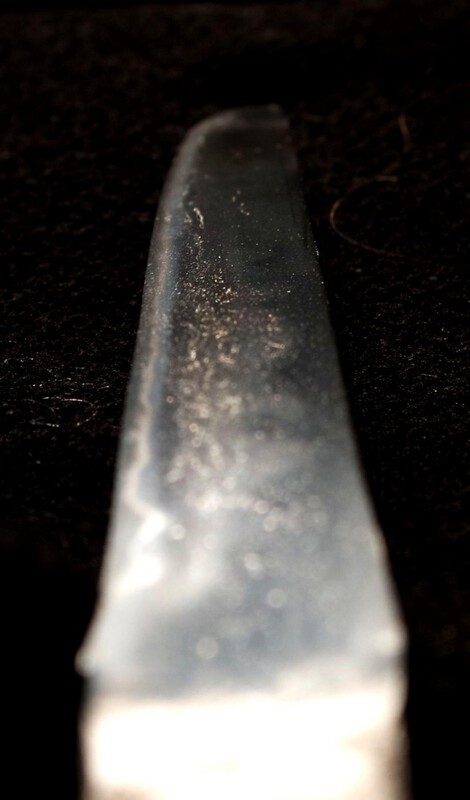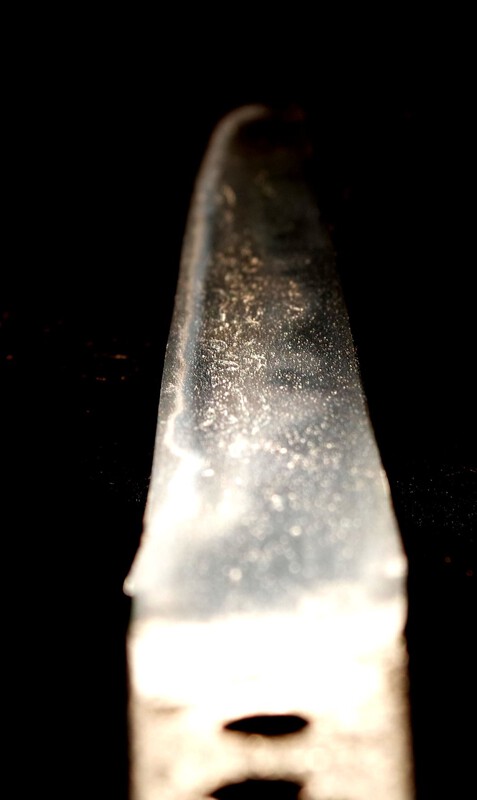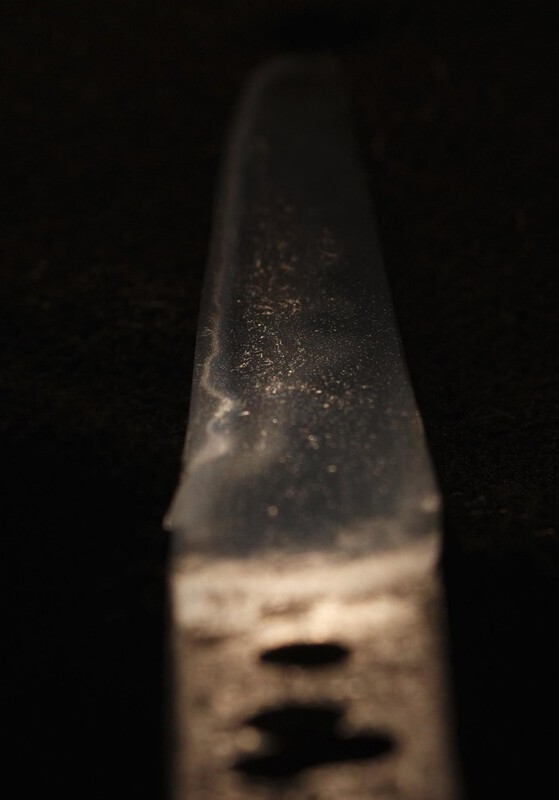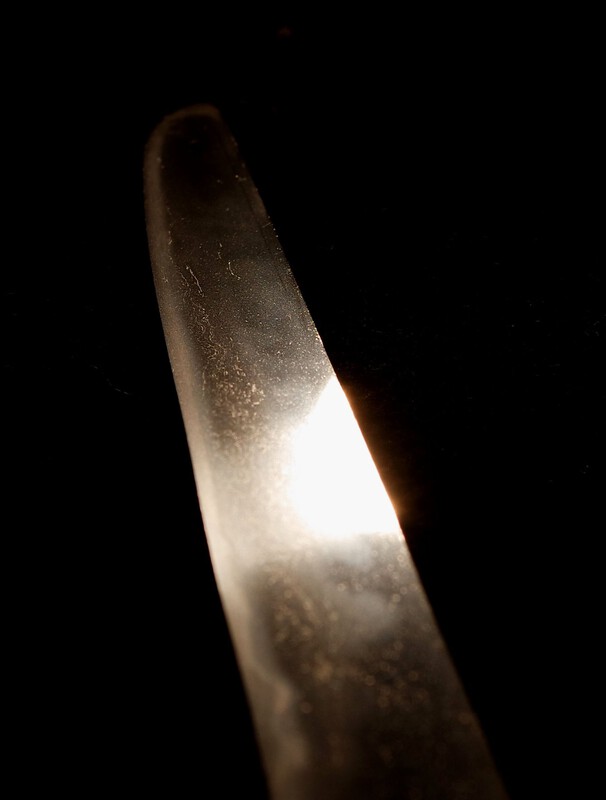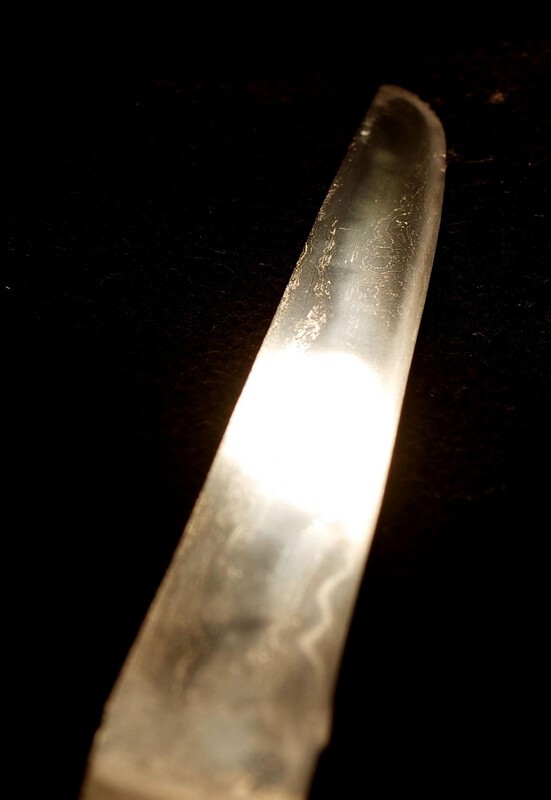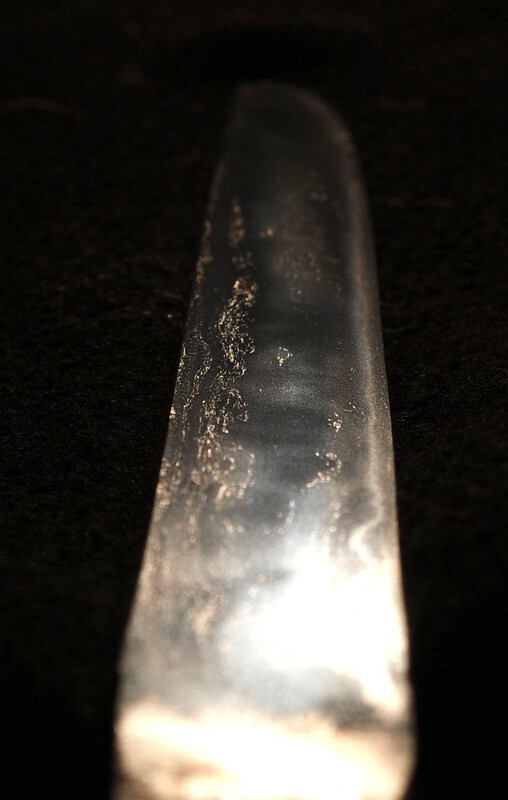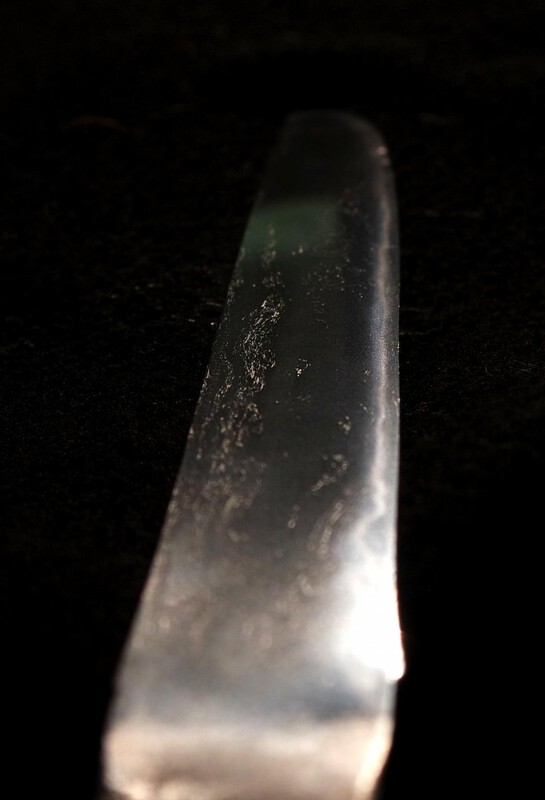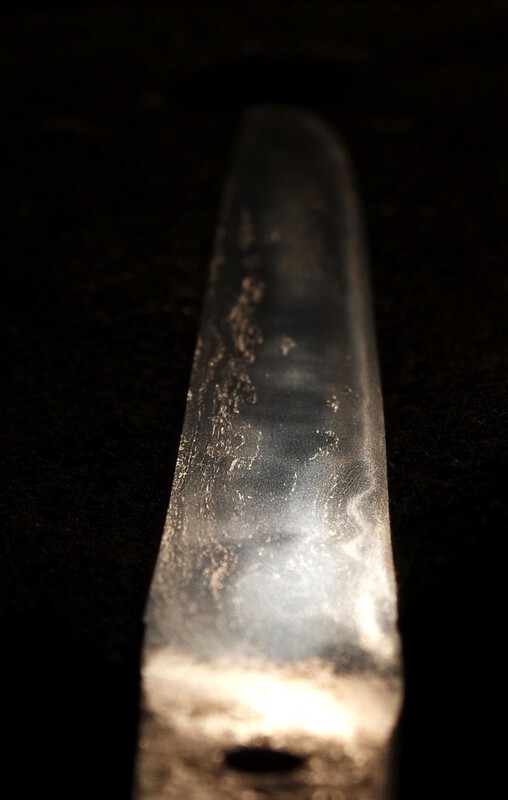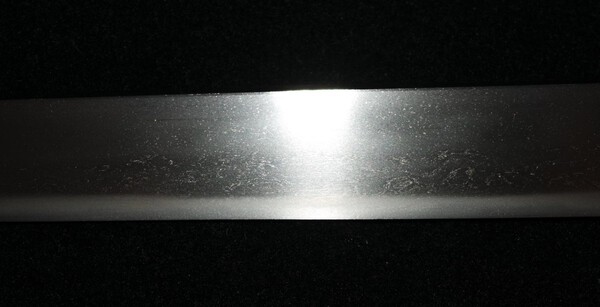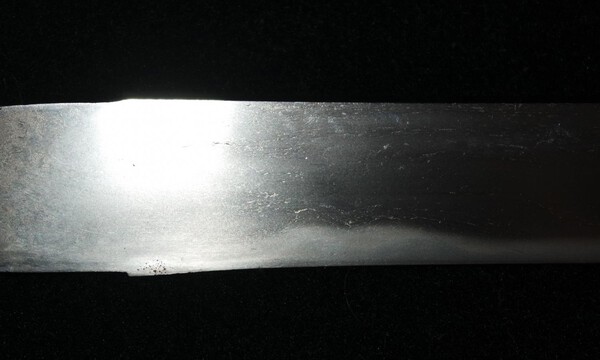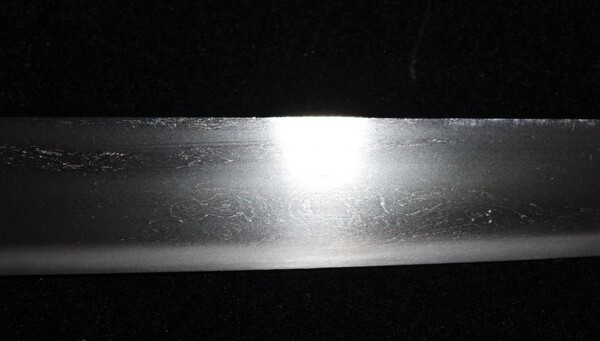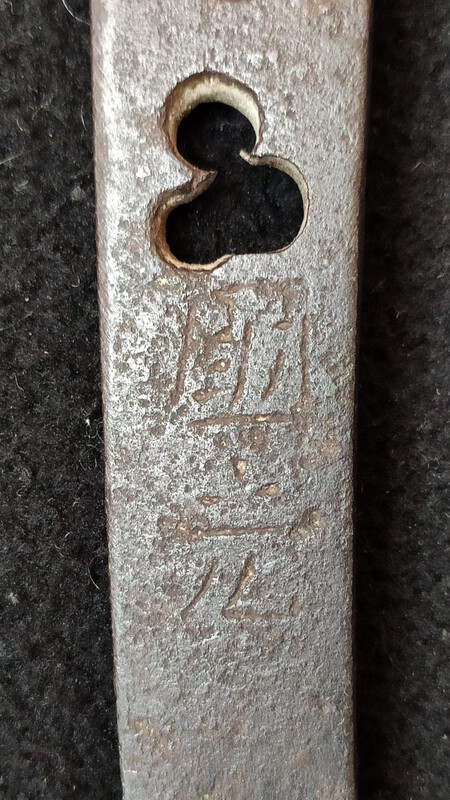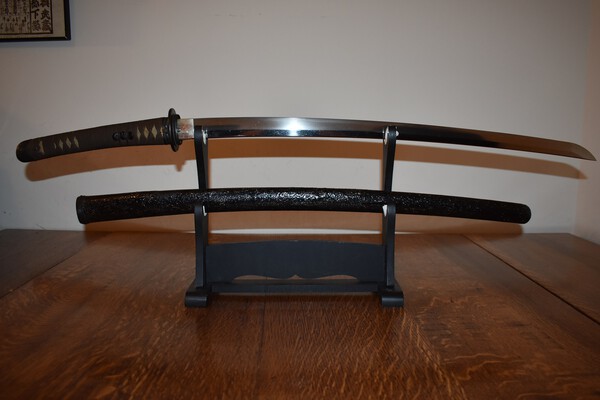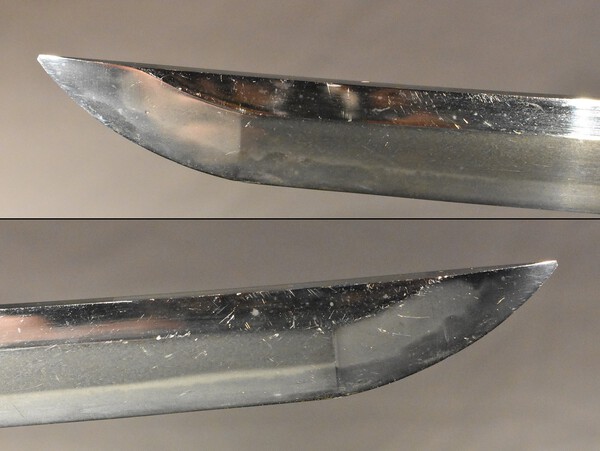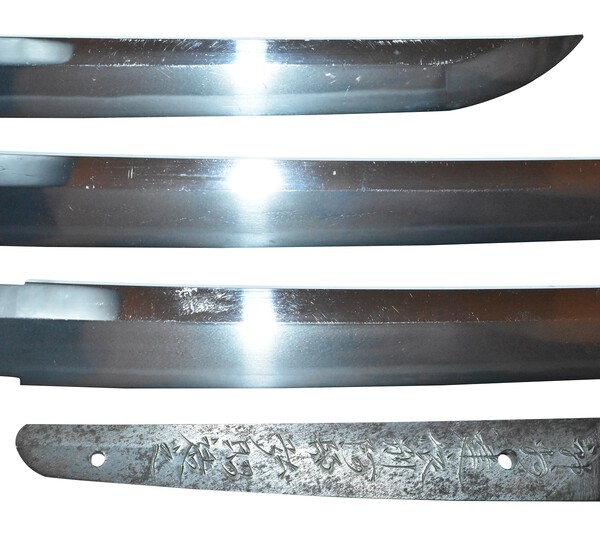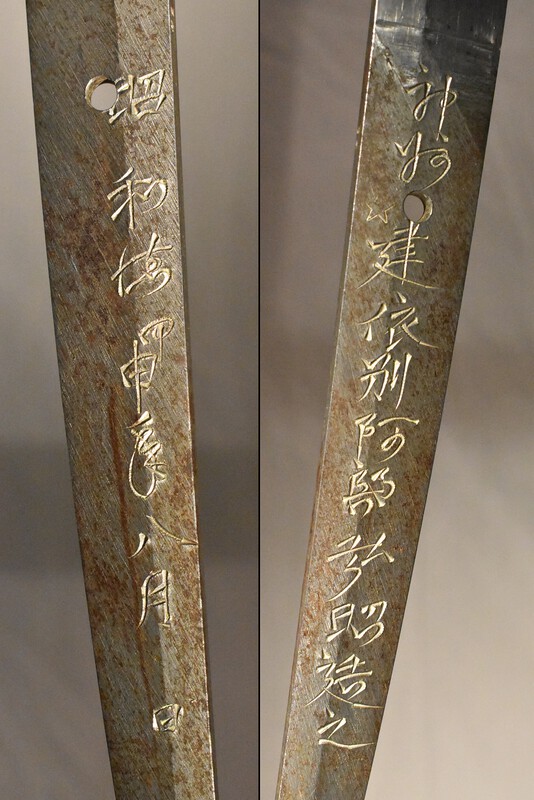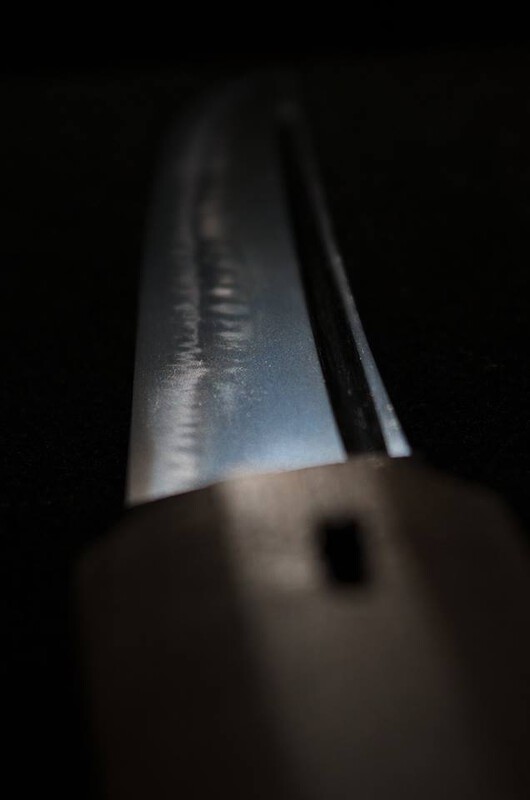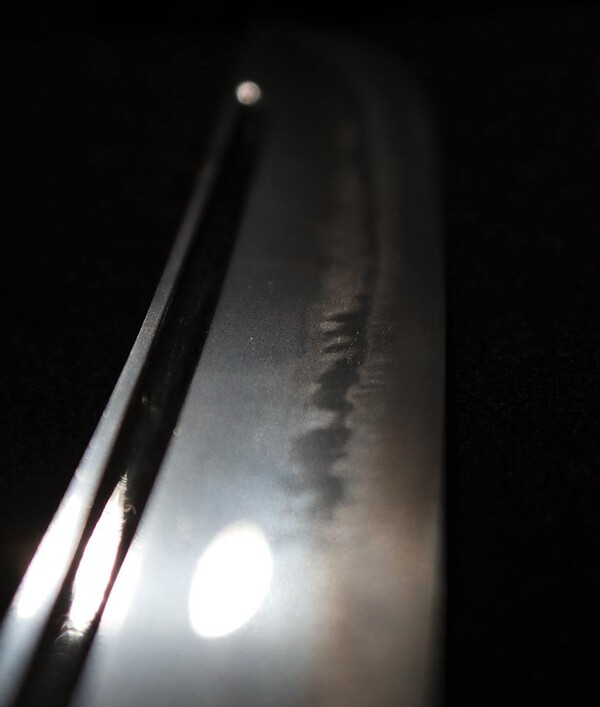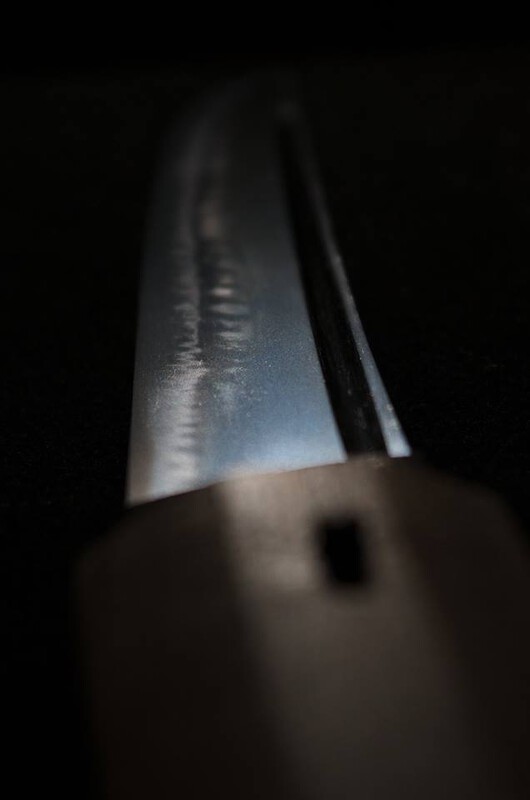-
Posts
507 -
Joined
-
Last visited
-
Days Won
11
Content Type
Profiles
Forums
Events
Store
Downloads
Gallery
Everything posted by C0D
-
Here's a previous topic with a tsuba signed shigetsugu and similar design http://www.militaria.co.za/nmb/topic/21236-two-mei-help/page-1
-
Tosho tsuba originally it's thought they were actually made by swordsmith, in Edo period still some swordshimth made some tsuba but mainly those in "tosho style" were made by tsubashi
-
The design is more refined and also older pieces were not signed
-
It's a nice tosho tsuba from Edo period, the mei seems to me to be Shigetsugu 重次 (btw the picture is upside down)
-
Size and also style, since I have several bigger than 8 cm, but most of them are pre-Edo
-
-
Looks like Moriiki saku 盛粋作 Never heard and can't find any record
-
Just open the link i added in my first post http://japaneseswordindex.com/teruhide.htm
-
No problem, I translated another of his blades before and I remembered him ????
-
Ishido Teruhide + kao http://japaneseswordindex.com/teruhide.htm
-
Thank you Kirill, for sure your inputs make sense, that's why i ruled out almost immediately all most famous schools since this didn't seem to fit in any of those, so i was looking for "zebras", those schools that are out of the main lines, but seems there's so little info about them also in Japanese books
-
Hosho, Tegai, Kanabo, Rai, Awataguchi, Hasebe, Nobukuni, Heianjo Nagayoshi, Bizen Osafune, Shintogo Kunimitsu, Shizu, Masamune, Sadamune, Mino, Aoe, Shimada, Takagi Sadamune, Norishige, Uda, Fujishima Tomoshige, Sengo, Chikuzen Sa,Ryosai,Ryokai, probably even more so doesn't narrows down much
-
Well mitsu-mune was quite popular in pre-muromachi tanto and still used in muromachi by several, so not really a kantei point here i'm afraid
-
I thought it might be a "Rai utsushi" which was a popular among Mino smiths of late Muromachi, but still some things doesn't end up. Uda usually have a darker steel i think and have long kaeri, which this hasn't
-
Here's my last purchase. Mei is Kunimitsu, obviously not one of the famous ones, but the blade looks pretty interesting to me. It's a pretty classic sugata with uchizori and mitsu-mune. There's a clear utsuri, looks whitish so would be probably classified as shirake, but unless other shirake this one is not dull and appears at the same angle as a "Bizen utsuri" would appear. I'm having trouble to point out a school or even the exact period, probably is a Muromachi revival, tho the nakago sori would point to older. Anyway here's the measures and the pictures, thanks to anyone will give an input. nagasa 25.7 cm kasane 6.5 mm motohaba 24.4 mm nakago sori 1 mm nakago nagasa 11.3 cm
-
Yes seems pretty decent quality too, despite the unknown maker
-
-
Hello, i'd like some help with this RJT gendaito, i managed to figure out the maker which should be Hiroaki (but no info about him anywhere), but the fluent writing style doen't allow me to figure more. Thanks to anyone will help
-
Thank you John, do you have any idea which toys? My guess was they are tea tools, but not totally convinced
-
Not even a wild guess it seems...
-
Hello, i recently bought this nice ko-tosho, good size and fairly thin plate, but i'm having trouble to figure out the theme of the sukashi, anyone has some idea?
-
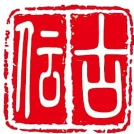
Why is utsuri rare on newer blades?
C0D replied to piryohae3's topic in General Nihonto Related Discussion
I have some experience creating hamon and utsuri myself, what i learnt is that utsuri (at least the Bizen style one) is an effect of temperature transition, meaning that higher the difference of temperature between the ha and the mune and more likely it will appear. The reason why from Shinto times to today is become more rare is simply because the style of hamon changed, swordsmiths create more "controlled" hamon with clay designs using higher temperatures of hardening having as result a lower difference on the various parts of the blade. Anyway there are still some modern swordsmiths able to create it, this is a blade i own by modern tosho Keiun Naohiro -

Stolen items from italian collection
C0D replied to C0D's topic in General Nihonto Related Discussion
Thank you guys, unfortunately i don't have more info about them, the owner didn't keep many records






